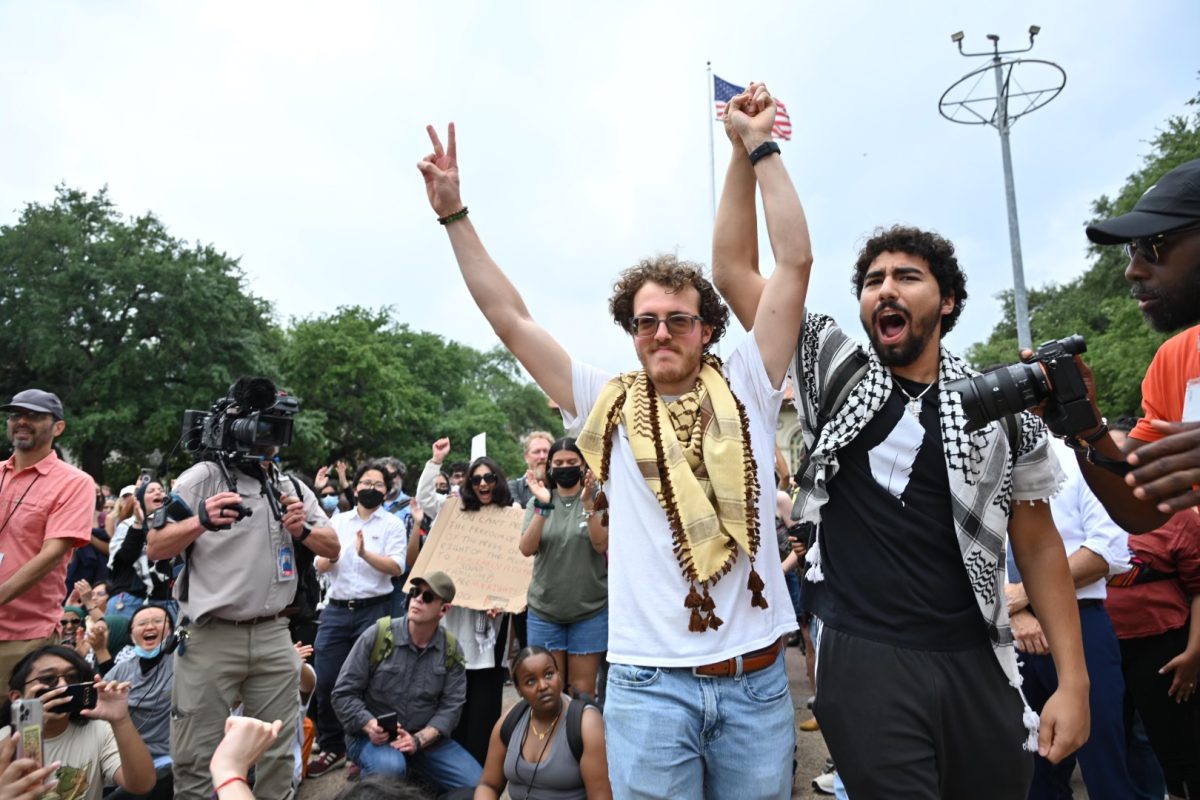Campus organizations hoping to improve low student voter turnout may be short on time to get voters registered for Texas’ presidential primary and city elections in May.
The Texas primary is scheduled for May 29, about a month after the end of classes, because of court battles over gerrymandered districts that delayed Texas’ maps from being set until Feb. 28.
March 30 will be the last day to register for a mail-in ballot, which is the easiest way for students registered in Travis County to participate in the May 29 primary if they are leaving town for the summer. For students residing in Austin over the summer, the last day to register is April 29.
The University Democrats have been encouraging students to register in Travis County this year, and the delayed primary date has frustrated attempts to get more students voting, said UDems communications director Andre Treiber.
“Requiring students to register for a mail-in ballot is going to stop some people from voting because they don’t want to jump through more hoops just to vote,” Treiber said. “It’s going to negatively affect student voting, and that’s really unfortunate.”
Treiber said he hopes students take the time to vote, given the importance of representing student voices after a large number of legislative decisions impacted the University in the last session.
“Getting registered is about as easy as walking into the FAC,” Treiber said. “It’s really worth getting your voice heard.”
As long as a student is registered to vote in the county they are in, most forms of government-issued identification are acceptable, such as a driver’s license, U.S. passport or military ID. A document that shows a person’s name and U.S. address will also work, such as a utility bill or paycheck.
A voter ID bill passed by the Texas Legislature in 2011 would have required that voters present a government-issued ID with a photo in order to vote, but it was denied preclearance last week after the U.S. Department of Justice raised concerns about possible racial bias. The bill could still come into play in the general election in the fall, pending review.
The voter ID bill would have also decreased student voting since many students do not posses the ID required by the bill, said Travis County Constable Bruce Elfant.
“If the supporters of the bill were serious about curbing voter fraud, they would put more possibilities in for voter identification,” Elfant said. “Students without driver licenses would have to get one or stand in line at the DMV to get a government ID.”
Beyond the difficulties imposed by getting such an ID, Elfant said the bill is poorly designed if the legislature is hoping to increase participation in democracy.
“It’s inconsistent that a concealed carry ID would work [under the new bill], while a student ID or a veteran’s ID would not work,” Elfant said. “It’s ridiculous that an ID given by a state institution would be invalid.”
Despite the difficulties imposed by the late primary and the voter ID issue, the College Republicans, UDems, Hook the Vote, Libertarian Longhorns and other organizations are all working to drive student voting this semester, said College Republicans president Cassandra Wright.
“On March 22 we will be holding a big voter registration drive in all the main areas of campus to get people voting, maybe even in their hometown,” Wright said. “This has the potential to be a setback, but all groups are working together to get people voting so it doesn’t adversely affect students.”




















